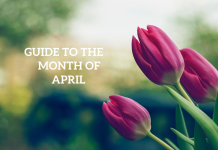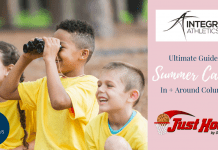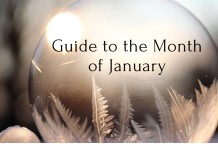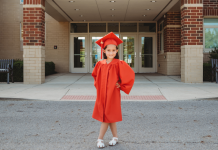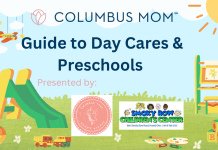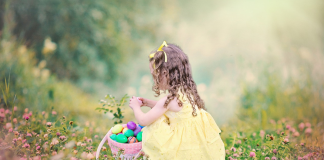On March 12, 2020, my kids left their school buildings thinking they would return to in person schooling after a three day weekend.
Little did we know, that would be the last time they exited the buildings for that school year.
Sometime over that long weekend, the decision was made that our school district would begin virtual learning for the two weeks before their Spring Break. Soon after that, the in-person schooling hiatus grew to a few more weeks, and then the decision was made to finish out the year in the virtual format.
As the days crawled by, the kids began to realize that events they had anticipated wouldn’t take place. Fifth grade graduation, eighth grade celebration, the high school track season, the annual student film festival…each of these events felt like they were yanked out from under the kids’ feet. While understandably sad, they were quite mature in the way they handled their disappointment. I was very proud of them for their reactions, but my heart ached for them as they missed out on these rites of passage. “You’ll have plenty of more fun occasions at school once we get through this pandemic,” my husband and I often repeated, probably more for ourselves than for the kids.
The summer slowly passed and soon we were back to worrying about the school year. Would they miss out on another round of milestone events that in-person schooling provides? Could we handle more virtual learning? With a medically vulnerable son with an intellectual disability who also doesn’t learn well from a screen, what was our best path forward when it came to the new school year? After what felt like weeks of agonizing over the two options we were provided, in-person schooling or committed distance learning, we finally landed on a decision. The kids would return to school, and for the time being, that meant attending on a hybrid model (some in-person days, some virtual learning days). It seemed like a good fit, but our community was certainly split in its reactions. Some were angry and felt that if you wanted to live in fear, you should keep your children home to do virtual learning, and they were quite vocal about this opinion.
If only it was that simple, though. Remember the medically vulnerable kid with an intellectual disability? Keeping him home meant sacrificing a year of education. We weren’t ready to do that. We were nervous about possibly exposing him to COVID, but felt that the school district was taking necessary precautions to keep everyone safe. It was a precarious situation but we moved forward, hopeful that we were doing the right thing for our kids.
Months went on and we adjusted to the hybrid schedule. It seemed that we received daily notifications that a case of COVID was reported to the kids’ buildings, but we continued to keep the faith that our decision was solid and we had to keep powering through the year. Somehow, with the support of our teachers, we made it through the first semester.
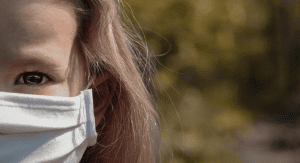 Then, seemingly as quick as the decision was made to close the schools, the announcement came that the schools were reopening full time for in-person instruction.
Then, seemingly as quick as the decision was made to close the schools, the announcement came that the schools were reopening full time for in-person instruction.
Again, the reaction in our community was split, and again some people were angry and vocal. As parents (and students!) voiced their concerns that it was too soon to reopen full time, the same theme of “keep your kids home if you’re afraid” bubbled back to the surface of community Facebook posts.
I completely understand wanting the school district to do what you feel is best for your kids. I know that virtual learning days were very difficult for some students. We were living through that experience! I am concerned, though, that the apathy blaring through the “stay home” messaging will have an adverse effect on the families who aren’t comfortable returning to school yet.
As a family who has taken extra precautions for the better part of a year to keep my son with Down syndrome safe, I am especially frustrated with this attitude because it makes us seem like we want to cower at home, hiding from the big, bad virus. This isn’t the case at all. We want to resume our “normal” lives just as desperately as anyone else, but we can’t do that with the same cavalier attitude that others are fortunate to display. We certainly can’t do that when we feel like we’re looked down upon because we expect our community to be kind and keep each other safe in a global health crisis. We’re not “living in fear.” We’re living as responsibly as we can, for the good of our family and yours, during a global pandemic.
All of our kids were thrown into this situation unexpectedly, and we worried about their mental health. Now we’re throwing them back to “normal” with in-person schooling and all I can do is hope that their mental health is still a concern. They’ve lived through a traumatic, weird experience and I don’t know that they can soon forget it. I know that I won’t.
Almost exactly one year to the day my kids left their buildings at the beginning of the pandemic, they will return to full time, in-person learning. As we all move forward, I hope we can remember the community spirit that soared in the early days of the pandemic. The choruses of “We’re all in this together” quickly faded as the months rolled on, but we still need that mindset as we start to ease away from these unprecedented times. I urge everyone to show empathy, support each other, and be kind.


